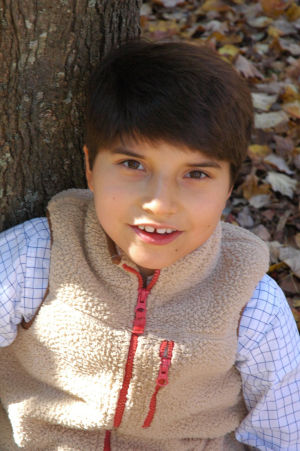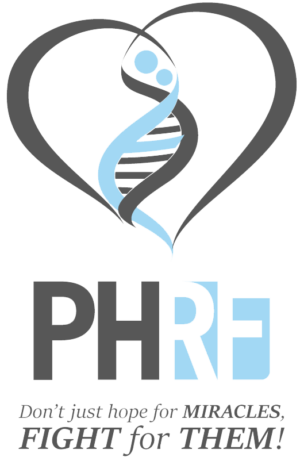The Burlington Times News
by Chelsy Stark
May 1, 2014
Liz Jennings was diagnosed with Pitt Hopkins syndrome three years ago. Ever since, she’s been defying what medical journals say she can and cannot do.
Pitt Hopkins Syndrome is a rare disease; fewer than 300 people have been diagnosed with it in the world. It’s a severe neuro-developmental disorder characterized by developmental delays, problems with motor coordination and balance, breathing abnormalities, seizures and intellectual disability.
Despite these challenges, Liz, of Burlington, will be riding her adapted tricycle for the 11 miles of the Million Dollar Bike Ride while her mother, Judy Jennings, runs behind her. The event is Saturday in Philadelphia, and will raise funds for rare disease research.
Liz grew up around bikes. Judy Jennings started working at the Elon Bike Shop on Webb Avenue in Liz’s early years, carrying her around in a Baby Bjorn after school or in the summers.
“We would go on bike rides carrying her in a little trailer,” Jennings said. “Once she was old enough to ride a bike, she really took to it and has always seemed to like it.”
Now a freshman at Williams High School, Liz hasn’t stopped pedaling.
The duo has trained for the 11 miles persistently even through hard times. Not long after completing a 5K race together, Liz got H1N1, which set her back substantially. After three weeks of recovery, bad weather hit.
“We’ve been training at the YMCA on a stationary bike,” Judy Jennings said. “She also has a stationary bike in her bedroom that we can adjust the resistance on; she’ll ride for about an hour on those.”
Neither of them is worried about completing the race, especially with Liz’s special motivation: her music.
“She has songs that she has picked out, and we are going to play music the whole time,” Jennings said. “If she’s listening to music, she’ll just keep pedaling.”
The Million Dollar Bike Ride is an event to raise research funds for the Center for Orphan Disease Research and Therapy at the University of Pennsylvania, which will then match the money raised by Team Pitt Hopkins and award a research grant.
Liz’s personal fundraising page for the event has surpassed her goal of $5,000 to go to the research. The team as a whole has raised more than $50,000, meaning more than $100,000 will be going to research for the treatment and possible cure of Pitt Hopkins.
“I’d also love to see them do some kind of research with exercise and how that can help improve the quality of life for folks with Pitt Hopkins,” Jennings said. “I think [an active lifestyle] has made a huge difference for Elizabeth.”
The age cutoff for the race is 16. Luckily, Liz’s 16th birthday is on the day of the race. It will be a very sweet 16 indeed.



